Charleston, S.C. (October 6, 2025) —
In South Carolina, a growing interest in the political leanings of sitting judges has turned toward Circuit Court Judge Diane S. Goodstein, as recent high-profile decisions and her personal associations prompt questions: Is she a Democrat or a Republican?
Context & Background
Judge Goodstein, serving in the First Judicial Circuit (Calhoun, Dorchester, Orangeburg counties) since her election in 1998 by the state legislature, has long maintained a reputation for being relatively nonpartisan in her judicial role. Trellis Law+2Ballotpedia+2
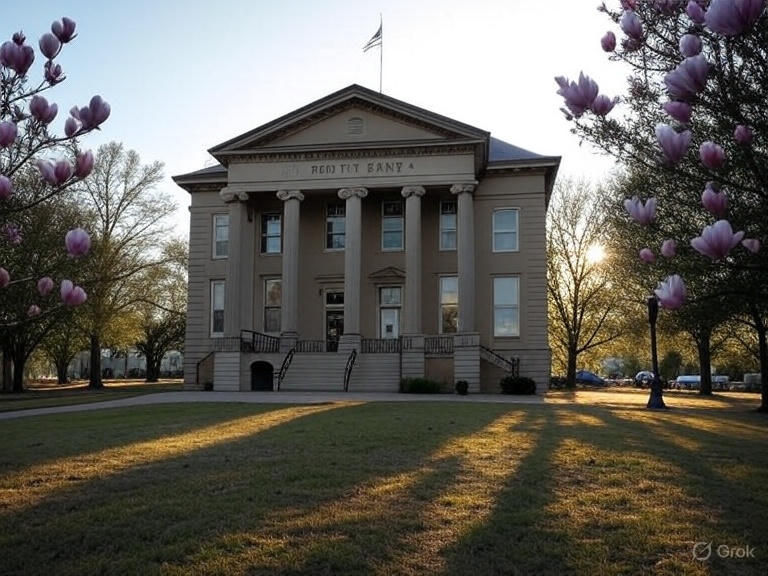
However, her husband, Arnold S. Goodstein, is a known Democratic figure. He served in both the South Carolina House and Senate as a Democrat in the 1970s. Wikipedia That connection has led to media speculation about how—or whether—her rulings align with particular political ideologies.
The question is further fueled by recent rulings that draw political attention. For example, on September 2, 2025, Judge Goodstein issued a temporary restraining order preventing the South Carolina Election Commission from complying with a request to release sensitive voter registration data to the U.S. Department of Justice. WACH+1
That decision was reversed by the South Carolina Supreme Court days later, when it lifted her injunction. southcarolinapublicradio.org+1
Observers wonder whether her judgments reflect a judicial philosophy rooted in specific political alignment—or simply the application of law and constitutional protections.
The Question of Affiliation
To date, there is no public record confirming that Judge Goodstein is registered as a Democrat or a Republican. Her official biography and court profiles do not state any party affiliation. South Carolina Judicial Branch+2Trellis Law+2
One legal analyst, speaking anonymously, told this newsroom:
“A judge's personal relationships and prior ties can invite speculation, but absent registration or declarations, one cannot conclusively label her partisan alignment.”
Nevertheless, some political watchers point to her husband’s past as indication of a Democratic connection. Others counter that judges in South Carolina often avoid overt partisan branding, especially at the circuit level, to preserve judicial impartiality.
Supporters of Judge Goodstein emphasize her long tenure and consistency in rulings across politically charged cases. Detractors remain cautious and suggest that her decisions on election-related matters reflect an ideological bent.
What’s Confirmed & What Isn’t
Confirmed: Judge Goodstein issued a TRO blocking the voter data release on September 2, 2025. WACH
Confirmed: The South Carolina Supreme Court reversed her order, permitting the data release to proceed. southcarolinapublicradio.org+1
Confirmed: Her husband is a former Democratic legislator. Wikipedia
Not confirmed: Any publicly documented party registration or political office she has held (in a partypolitical capacity).
Implications & Next Steps
As the debate over judicial independence and political influence grows more intense, the question of Judge Goodstein’s partisan leanings holds symbolic weight. Should she ever run for a higher judicial office or become more involved in statewide or national disputes, the scrutiny over her political identity will likely intensify.
For now, legal scholars say the better yardstick is her judicial record—not partisan speculation. Still, her role in election-related rulings ensures that her decisions will continue to be watched.
Observers may request further reviews of her past rulings, campaign endorsements, or public records to see if any registration data surfaces. Meanwhile, she is expected to remain on the bench through her current term, barring any formal declarations or changes.

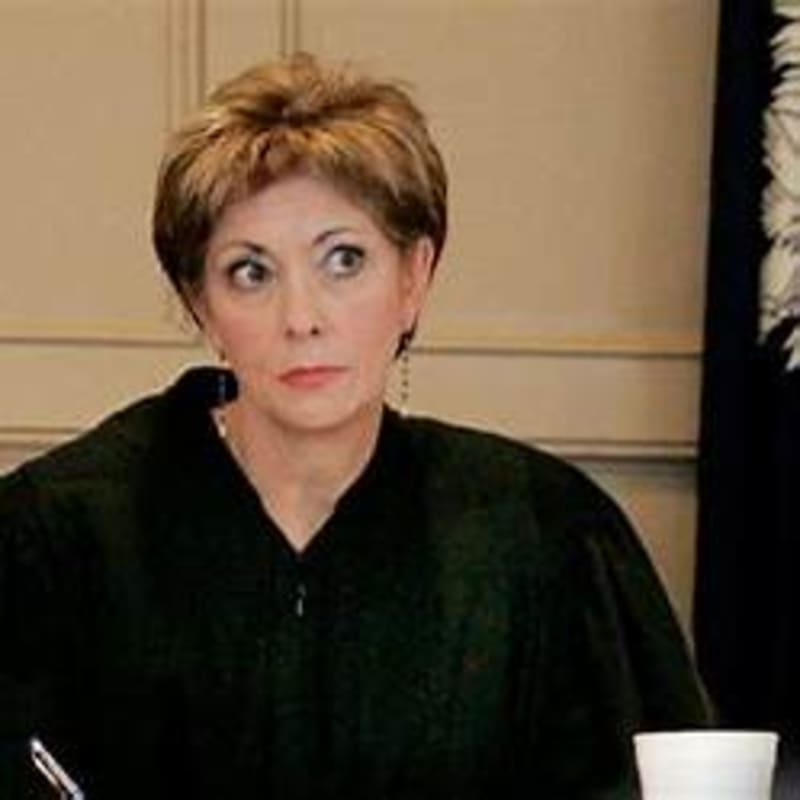
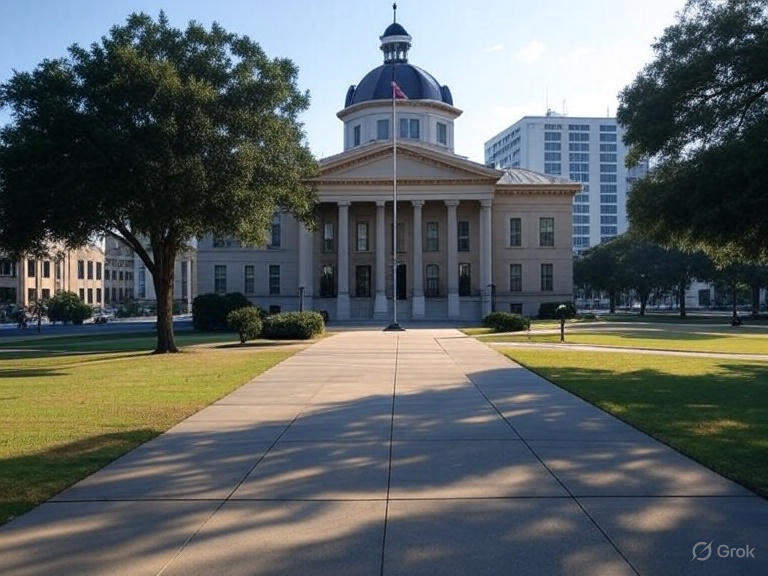

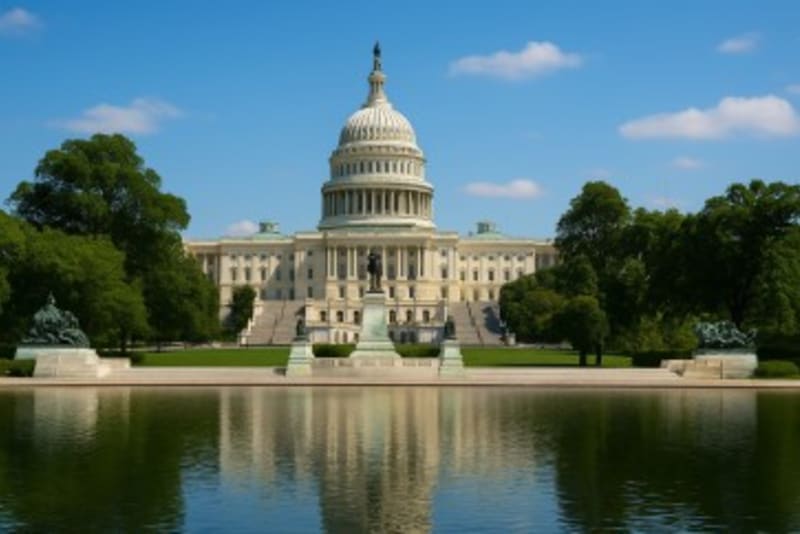
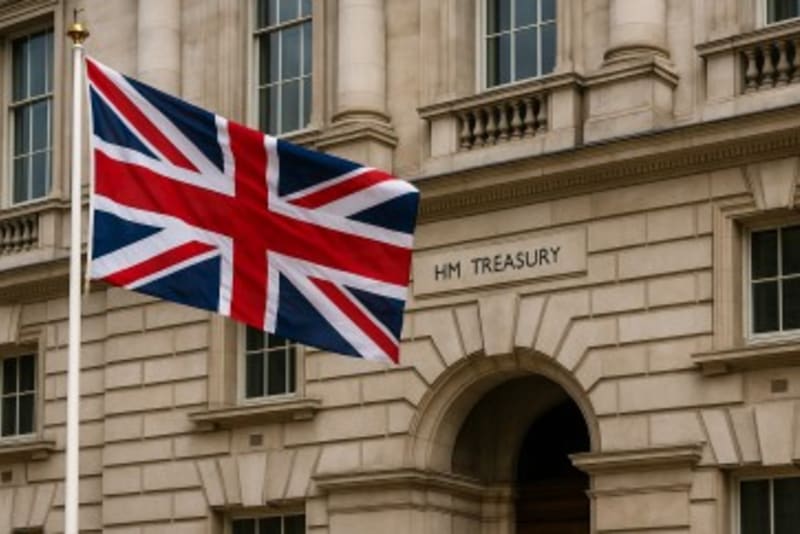


Comments
No comments yet. Be the first to comment!